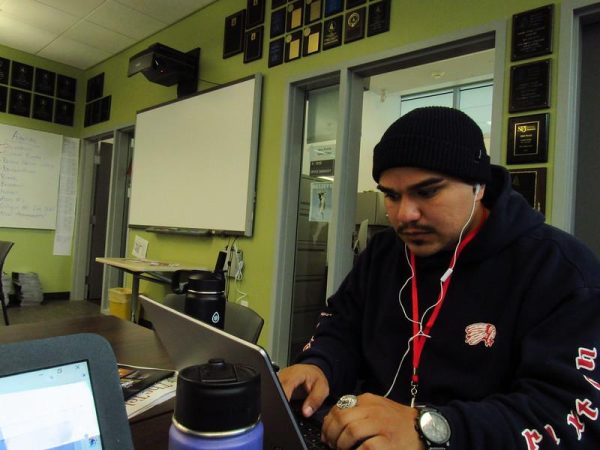Editor’s Note: Sponsored Content
How to write an irresistible application essay
Everyone who has taken part in admission procedures as an admission officer will tell you how mind-numbingly boring it gets. Hundreds and hundreds of brilliant and equally deserving college hopefuls with almost identical GPA records, lists of extracurricular activities, volunteering experience, leadership background, and athletic success.
The only thing that can set you apart and make the person in charge say, “We must have this student!” is your personal statement. The caveat? Often the essays are typical too. How to write an original and convincing one? Here are some basic rules.
Make it yours through and through
Don’t list your trophies, or restate any other information that can be found in other application papers. The word “personal” stands there for a reason. It must be about you – who you are, what makes you tick, why you want to get the education and why you deserve to be admitted in this specific college. Some students are so insecure about their writing skills that they order admission essay instead of writing it themselves. This is the wrong move. You can, of course, turn for help to polish your essay up or proofread it, but the message behind it must be authentic. Who else knows your dreams and struggles?
You can write about anything you want but it must matter to you. If it doesn’t, how do you expect to produce a text that will make others care? The goal is not to describe something but to let your personality show through your relation to your object. Remember, whatever you choose to focus on, the reader must learn as much as possible about you. To reflect many aspects of your personality, the topic is better be complex. If you are taking clearly defined sides you leave no place for the nuanced thinking and exploration of your character.
Build around an “aha” moment
Many powerful essays are based on one significant moment in the writer’s life – a formative experience that led to an epiphany. Such essays have several strong points. They tell a story, they show what you value in life, what drives you; on top of that, and they are fun to read – a winning combo. Brainstorm several such memories, with vivid details and lessons they taught you. Then, pick one that you find most impactful – one that taught you the most valuable thing.
Many students use this opportunity to brag about their achievements once again – they tell how they won a tournament or how they organized a club at high school. As tempting as it may be, don’t do this. Be honest. Don’t be afraid to admit that you’ve failed sometime in the past. Often the most significant lessons come from struggle and failure. Your ability to extract such lessons is what you need to show.
However, if you cannot think of any such moment and you feel that a light-hearted comparison of yourself with your pet is more your cup of tea – than go for it! As long as it inspires you and tells about you as a person.
Make it cinematic
From the very beginning, create an image in your reader’s mind, appeal to their senses. Instead of telling “I used to dread speaking in public”, show it in colors. “My hands grew sweaty and cold, my heart was pounding, my mouth felt dry, I heard a ringing in my ears, and, I blush to admit, my knees shook quite visibly as thirty-odd pairs of eyes fixed on me walking to the blackboard”. While the first phrase implies that you have conquered a fear, which already tells something about you, it feels impersonal and uninspired. The second one, on the other hand, drops the reader right into your head and appeals to their imagination. It is engaging and relatable.
A vivid picture is good for your opening paragraph – as a hook that immerses the reader into the text, but it’s even better if you will end with one as well. This is a good compositional move and it leaves your reader with a powerful image in their mind. Images are better than plain statements because they are open to interpretation. They make your reader have their own little “aha” moment of discovery and understanding. Admission officers rarely reread your essay, so this is your final chance to make a memorable impression and say “This is me!”




